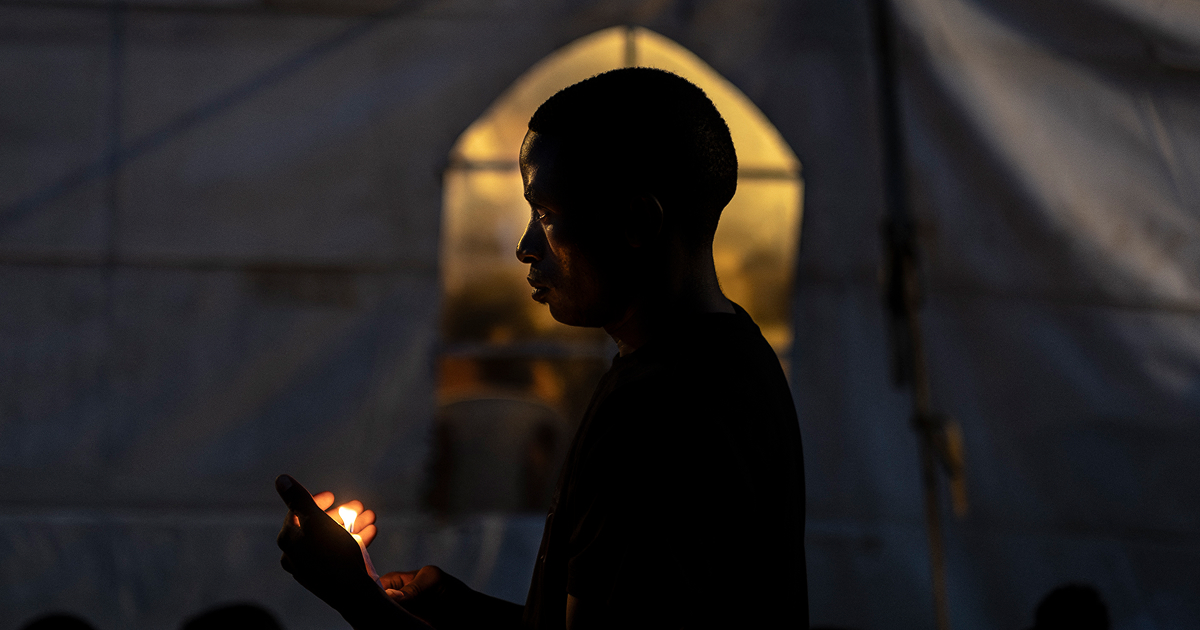Current public discussion around declining fertility rates in the UK is failing to address the underlining fact that the problem is not shrinking family size rather it is the increasing numbers of people never becoming parents in the first place, argues a column in today's Sunday Times.
According to new data from the Office for National Statistics (ONS), women in England and Wales had, on average, just 1.41 children in 2024: the lowest figure since records began in 1938.
That may seem a familiar trend – modern couples simply choosing smaller families – but that’s not what is behind the data at all, says Stephen J Shaw, a published researcher in data science and demography, writing in the Sunday Times.
In fact, Shaw notes, British parents are still having roughly two or a little more children, just as they did in the 1970s. What’s changed – and what’s driving the UK’s birthrate crisis – is that far fewer people are becoming parents at all.
Shaw's research, based on more than 300 million birth records from 39 countries, shows that childlessness is rising sharply, even as family sizes among parents remain steady. In the US, for example, the average number of children per parent has actually crept up since the 1980s. In Japan, 6 per cent of mothers had four or more children in 1970 – and the figure is the same today.
“The real shift, then, is in whether people ever get to have that first child at all,” Shaw says.
Shaw cites ONS data on first-time motherhood in 2024 that shows only 65 per cent of women in England and Wales are destined to become mothers if fertility patterns stay the same – down from 71 per cent as recently as 2020.
At the same time, he notes that large-scale surveys in the UK and the long-running National Survey of Family Growth in the US continue to highlight that most adults still say they want two or more children, and that over 90 per cent of women either have or want children during their peak fertility years. What has changed, Shaw says, is how many never get that chance.
“This is what I term unplanned childlessness: people who hoped to have children one day but never did, perhaps because the right partner didn’t appear at the right time. Why is this happening?”
He goes on to describe how there is a popular belief that parenthood is something you can safely postpone: that you can get education, career, travel, stability established – and then start a family.
"But here’s the sobering truth: in the UK, from ONS data on births by age, a woman who reached the age of 28 without children in 2023 had only a 50 per cent chance of ever becoming a mother. Before 28 most women who want children are still likely to have them; after 28 the odds flip from 'more likely' to 'less likely'."
This is because "by that age many who wanted children had already started, and those who hadn’t were decreasingly likely to find the right partner as time went by. Biological fertility doesn’t collapse at 28, but the odds of finding a partner who wants the same future at the same time do."
It all means that the UK has now joined the EU, the US and Japan as a society in which, based on current trends, a third or more of the population will remain childless for life.
“For decades policymakers have thrown money at the wrong end of the problem," Shaw says. "More IVF, more parental leave, more childcare subsidies." While he acknowledges that this is "helpful" to a degree, the policies mostly support people already in stable relationships.
“The real crisis is with those who never get to that point. Not because the policies are bad, but because no policy can conjure up a matching, willing partner later in life. Solving that means asking awkward questions about timing, relationships and expectations," Shaw says.
“We need big-picture shifts: lifelong learning so that education and training don’t consume the whole of our early twenties, and more flexible career paths so that stepping out of the workforce for a few years doesn’t mean stepping off the ladder for good."
He concludes that the UK’s record-low birthrate "isn’t a blip but the continuation of a long-term pattern that is accelerating".
He adds: “And no country has yet managed to reverse it. There are no quick fixes. But the first step is honesty.
"We must stop repeating the myth that people don’t want children any more, or that family sizes are shrinking.”
Instead, Shaw says, we must start facing up to and talking more candidly about the problems created by modern secular societies.
“The real issue is that the world we’ve built is getting in the way of parenthood,” Shaw says. “Until we confront that, the fertility headlines will keep coming.”
Photo: A baby sleeping under a mobile in a crib. (Photo by JAMES ARTHUR GEKIERE/BELGA MAG/AFP via Getty Images.)





.jpg)











